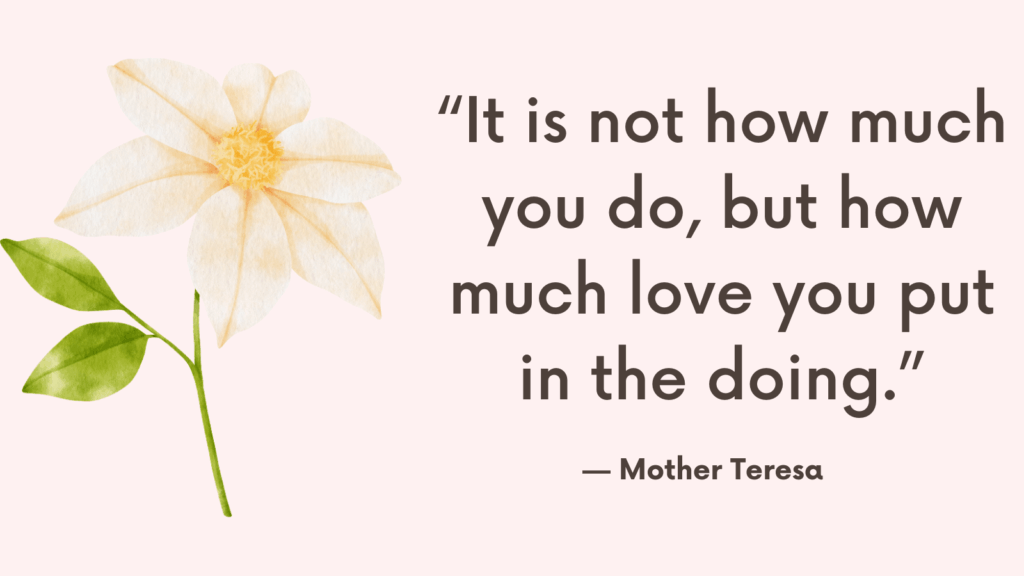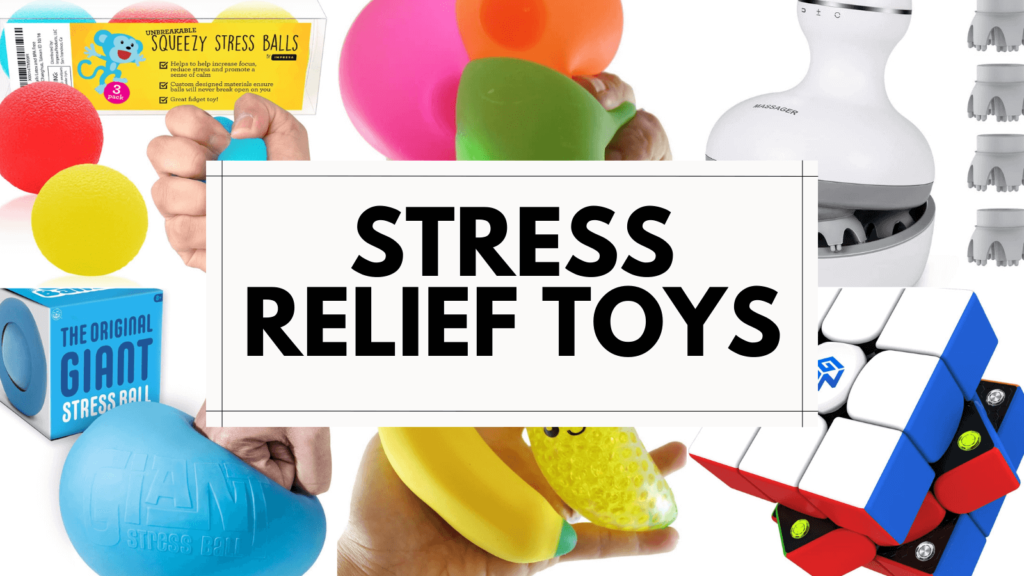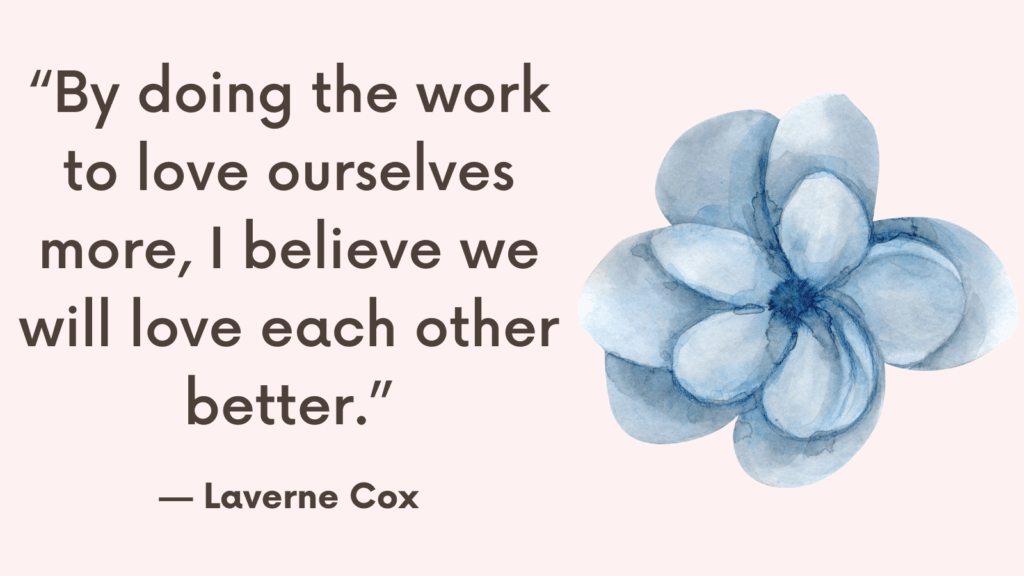When supporting someone with autism, the most meaningful gifts are those that respect their sensory needs, celebrate their passions, and honor their need for routine, calm, or comfort. A great gift says: “I see what helps you feel safe, joyful, and grounded—and I want to support that.” Here are thoughtful, autism-friendly gift ideas for people of any age.
Disclosure: Some of the links below are affiliate links. This means that, at zero cost to you, I will earn an affiliate commission if you click through the link and finalize a purchase.
What Is Autism?
Autism, or Autism Spectrum Disorder (ASD), is a neurodevelopmental condition that affects how a person experiences the world, communicates, processes emotions, and interacts socially. It’s called a “spectrum” because autism presents differently in every individual — some may need significant daily support, while others live independently but still experience challenges that are often invisible to others.
Key Features of Autism
Autism typically involves differences in the following areas:
- Social Communication and Interaction
- Difficulty reading social cues (tone of voice, facial expressions, body language)
- Challenges in starting or maintaining conversations
- Preference for one-on-one interaction or alone time
- May struggle with understanding unspoken rules in social situations
- Restricted or Repetitive Behaviors and Interests
- Repeating certain movements or phrases (called “stimming”)
- Having intense, focused interests
- Needing routines and predictability to feel safe
- Sensitivity to changes in environment or plans
- Sensory Sensitivities
- Strong reactions to lights, sounds, textures, smells, or physical touch
- May be overwhelmed in busy or noisy places
- Could seek out or avoid certain sensory input
Autism Is a Different Way of Being — Not a Disease
Autism is not something to be “cured.” It’s a different way of processing and responding to the world. Many autistic people describe their experiences as unique, not broken — and with understanding and accommodations, they can thrive.
When Is Autism Diagnosed?
Autism is usually diagnosed in early childhood, but many people — especially girls, women, or those who mask their symptoms — may not receive a diagnosis until adolescence or adulthood.
Related: Autism In Women Symptoms That Are Often Overlooked
Thoughtful Gifts to Support a Loved One With Autism
1. Weighted Blanket or Lap Pad
Provides deep pressure input that can soothe anxiety, help with sleep, and support regulation—ideal for those who find comfort in calming sensory feedback.
2. Noise-Canceling Headphones or Ear Defenders
Helps reduce sensory overload in noisy or unpredictable environments, promoting a greater sense of control and calm.
3. Fidget Tools or Sensory Kits
Tactile, visual, or auditory stim tools like squishies, spinners, texture strips, or chewable jewelry can help with focus, anxiety, or self-regulation.
4. Comfortable, Sensory-Friendly Clothing
Seamless socks, tag-free shirts, soft hoodies, or compression clothing designed to reduce tactile irritation can make everyday life more comfortable.
5. Personalized Visual Schedule or Planner
Many autistic people thrive on structure and routine. A customizable planner or visual schedule board supports daily routines and reduces anxiety around unpredictability.
Related: Top +40 Autism Self Help Skills For Adults That Will Make Life Less Stressful (+FREE ASD Resources)
6. Special Interest Support
Gifts that align with their “special interests” (even if niche or repetitive) show true care. Whether it’s trains, space, insects, a specific video game, or an obscure topic—go all in on what lights them up.
7. Mood Lighting or Star Projectors
Soft lighting or color-changing lamps can help create a calming sensory environment—especially helpful in overstimulating spaces or before bedtime.
8. Therapeutic Weighted Plush or Body Pillow
A soft, weighted stuffed animal or long body pillow can offer both tactile comfort and emotional reassurance, especially during self-soothing moments.
9. Inspirational Message Mug
An inspirational message mug is a thoughtful, everyday gift they can enjoy with coffee, tea, or any favorite drink. A positive message can offer a bit of encouragement and show you care in a simple, useful way that fits into their routine without pressure.
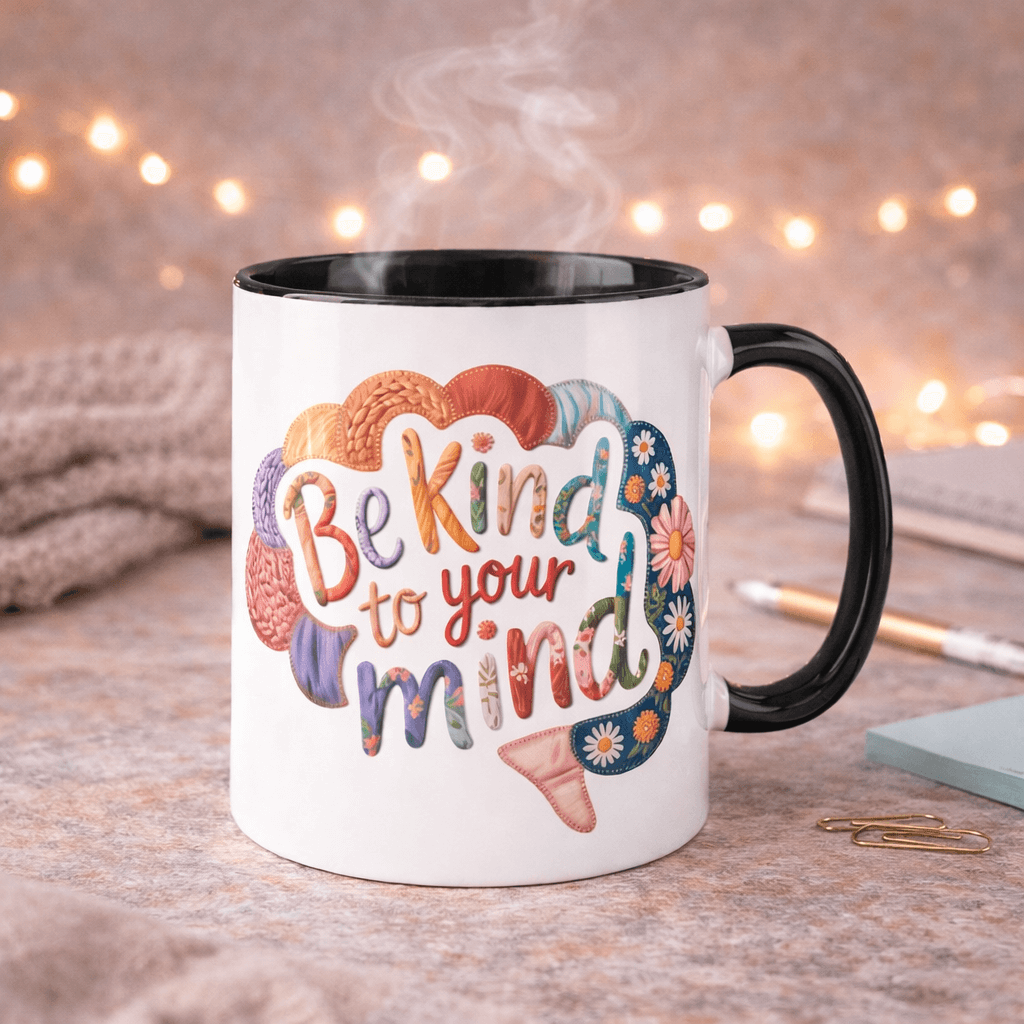
10. Gift Cards That Give Them Autonomy
If you’re unsure what they like or need, a gift card to a sensory-friendly store, stim toy shop, or online hobby store empowers them to choose what works best for their unique needs.
Related: Autism Resources For Adults (Information, Podcasts, TED Talks, Books)
Other Ways to Support a Loved One With Autism
1. Listen to How They Experience the World
Autism isn’t a one-size-fits-all diagnosis. Ask open questions like:
“What makes you feel safe?”
“What’s hard for you in this situation?”
Then truly listen—without trying to fix or correct.
2. Respect Sensory Needs Without Judgment
They may avoid eye contact, cover their ears, stim, or be sensitive to light, textures, or smells. Instead of asking them to “toughen up” or “act normal,” support their sensory preferences with understanding and flexibility.
3. Allow (and Support) Stimming
Stimming (e.g., rocking, flapping, tapping) helps regulate emotions and sensory input. It’s a healthy coping mechanism—don’t interrupt it unless it’s harmful.
4. Don’t Force Social Interaction
Many autistic people find small talk, group settings, or eye contact draining. Respect their social boundaries. Offer connection in ways they enjoy—shared interests, parallel play, or quiet presence.
5. Use Clear, Literal Communication
Avoid sarcasm, vague metaphors, or implied meaning unless they’ve said they understand them. Speak directly, kindly, and with clarity—this builds trust and reduces stress.
6. Support Their Routine and Predictability
Sudden changes can be distressing. Give advance notice for changes, offer visual schedules or written plans, and allow time to adjust. Structure brings safety.
7. Affirm Their Special Interests
Whether it’s trains, insects, animation, or a historical period—celebrate what they love. Engage in it, learn about it, or give them space to talk freely without being told it’s “too much.”
8. Be a Calm, Predictable Presence During Meltdowns
A meltdown is not a tantrum—it’s a response to overwhelm. Stay grounded, reduce stimulation, offer a quiet space, and speak gently. Never punish or shame.
Related: Autism and Temperature Regulation [Guide]
9. Learn From Autistic Voices
Follow autistic self-advocates online, read their writing, and learn how they define support, inclusion, and respect. Nothing replaces learning from lived experience.
10. Focus on Acceptance, Not “Fixing”
They don’t need to be more “normal”—they need to feel accepted and safe as they are. Support their growth, yes—but from a place of love, not pressure to conform.
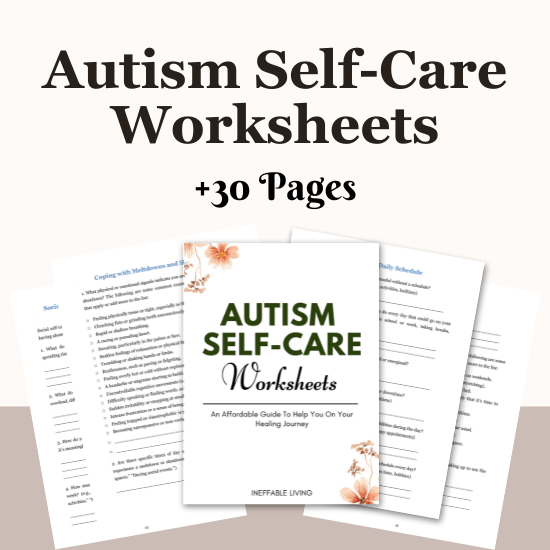
Conclusion
Autistic people often navigate a world that isn’t designed with them in mind. Your thoughtful gift doesn’t have to be perfect—it just has to say, “I accept you as you are, and I want to support what helps you feel safe and joyful.” That kind of intentional giving goes far beyond the gift itself—it builds trust, respect, and connection.
